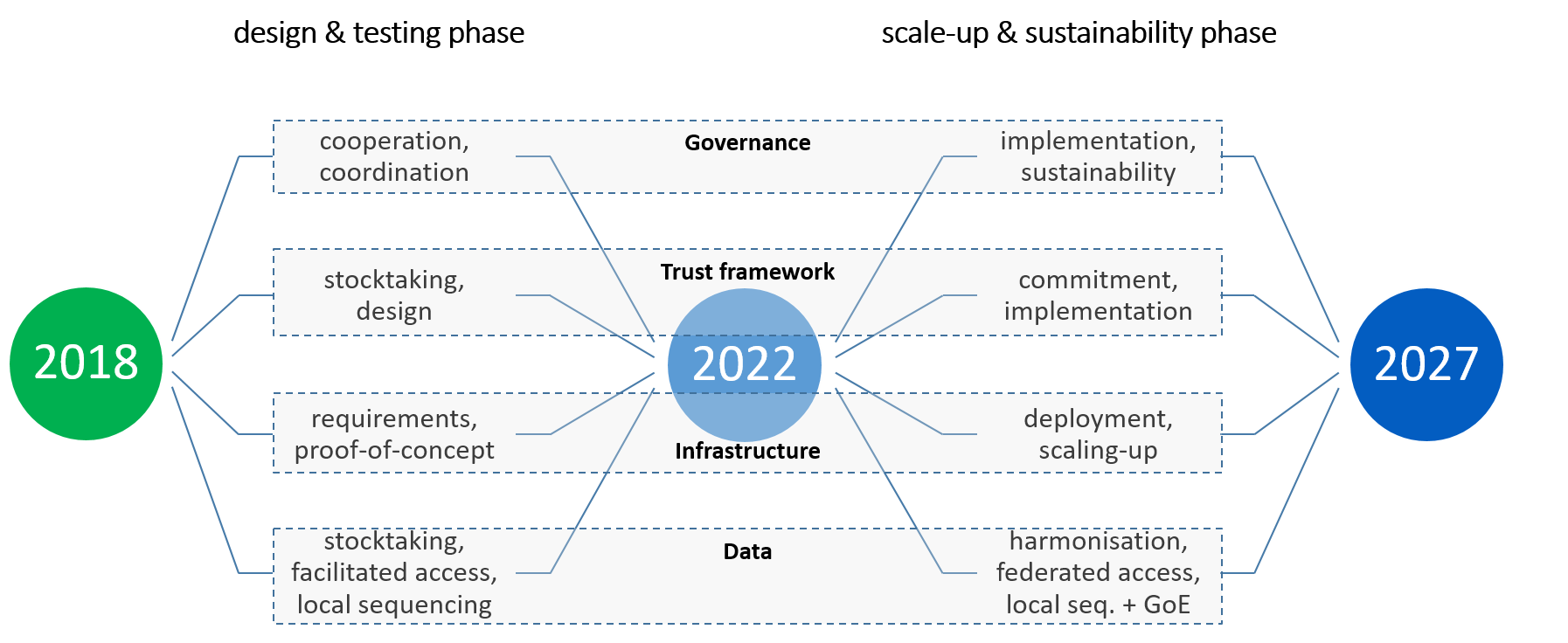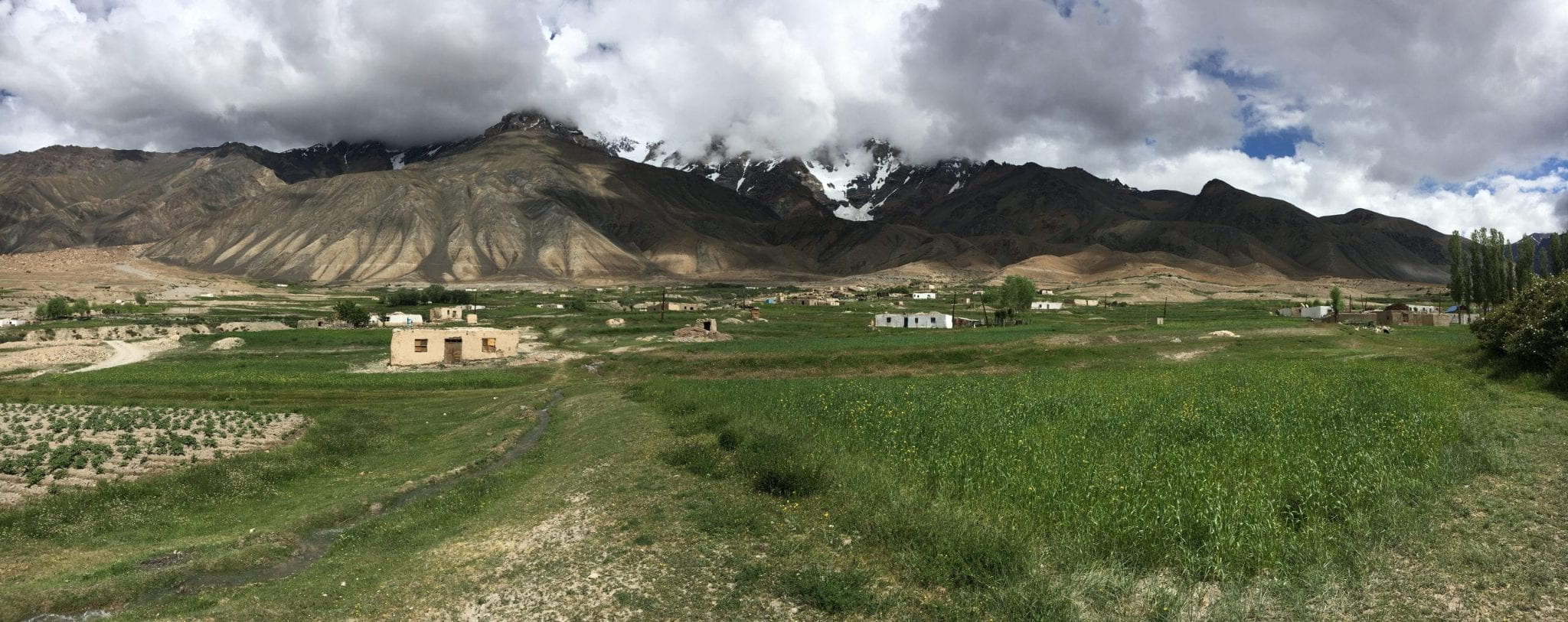Over the past decades, Seoul has suffered from a shortage of housing units, transportation, parking spaces, pollution, and overuse of resources due to increased population growth and urban expansion. These challenges are exacerbated by the population density in Seoul. These challenges are exacerbated by the population density in Seoul. Therefore, Seoul has launched the Sharing City policy to encourage the private sector to lead the exploration of the multiple aspects of sharing. For this purpose, the city seeks to build the necessary infrastructure for the Sharing City Seoul Project to support engagement activities implemented by the private sector. The Seoul Sharing City Project has four main objectives: First, leveraging resources and rationalizing consumption simultaneously; second, providing new jobs and added value to community members; third, reviving a disappearing sense of social solidarity, increasing interpersonal exchanges, and restoring broken relationships because sharing promotes a trust-based, reciprocal economy; and fourth, sharing alleviates the intensity of environmental challenges caused by high levels of pollution. {j}
تتمثل أهداف مشروع "سيؤول مدينة المشاركة" في أربعة أهداف رئيسية، أولها الاستفادة من الموارد مع ترشيد استهلاكها في الوقت نفسه وتوفير وظائف جديدة وتقديم المزيد من القيمة لأفراد المجتمع. كما تساهم المشاركة في تجديد الإحساس بالتكافل الاجتماعي الذي بدأ بالتلاشي وتعزيز التفاعلات الشخصية وإعادة العلاقات المنقطعة وذلك لأن التشارك يعزز الاقتصاد القائم على الثقة والتبادل. وأخيرًا، تخفف المشاركة من حدة التحديات البيئية التي تسببها المستويات المرتفعة من التلوث.
Multiple parties are involved in the project, including community members, NGOs, and private companies. Seoul has decided to implement several initiatives for the different categories of participants. The city is laying the foundation for the promotion of sharing resources. It activated the sharing policy on December 31, 2012, to identify the companies and entities that will be sharing resources that will benefit from the required administrative and financial support.
The Seoul Sharing Hub was established on June 26, 2013, and included all online platforms designed by different entities and companies for sharing to pave the way for community members to access the necessary information in this field.
The city also supports companies and entities looking to share their resources. In December 2013, Seoul selected 36 private companies eligible to participate to boost public confidence and encourage citizens to engage in sharing activities. These entities were able to use the Sharing City Seoul Project brand identity.
To promote the participation of community members in the project, lectures on Seoul's sharing economy were conducted by representatives of entities and companies once a week from January 10 to April 11, 2013. The lectures were organized in the conference room of Seoul Metropolitan Government Hall in collaboration with Wisdome, a sharing company. Seoul employed this company to help community members understand the sharing economy and encourage them to participate in this initiative. These events attracted 1,207 attendees. The city was committed to supporting sharing in the digital world as well. Creative Commons Korea is a key partner in the city's scheme looking to share information and resources within the Seoul Sharing City Project. This entity developed a platform to educate society members on the project by publishing news about the sharing economy and providing a directory of sharing services.
The Sharing City initiative has certified 74 sharing projects that offer community members an alternative to owning things they rarely use and offered grants to several of these projects. Certified projects range from local car-sharing company SoCar and websites like Billiji that help people share their properties with their neighbors to schemes that help students find affordable housing with senior residents who have extra space in their houses. One of the positive results of the project is the high level of individual sharing. On another note, Seoul has opened up about 800 public buildings to hold public events and meetings outside working hours and Sharehub organized a state-level education and sharing campaign that involved conferences, seminars, reports, and a book publication.
Resources:
https://use.metropolis.org/case-studies/the-sharing-city-seoul-project#casestudydetail






